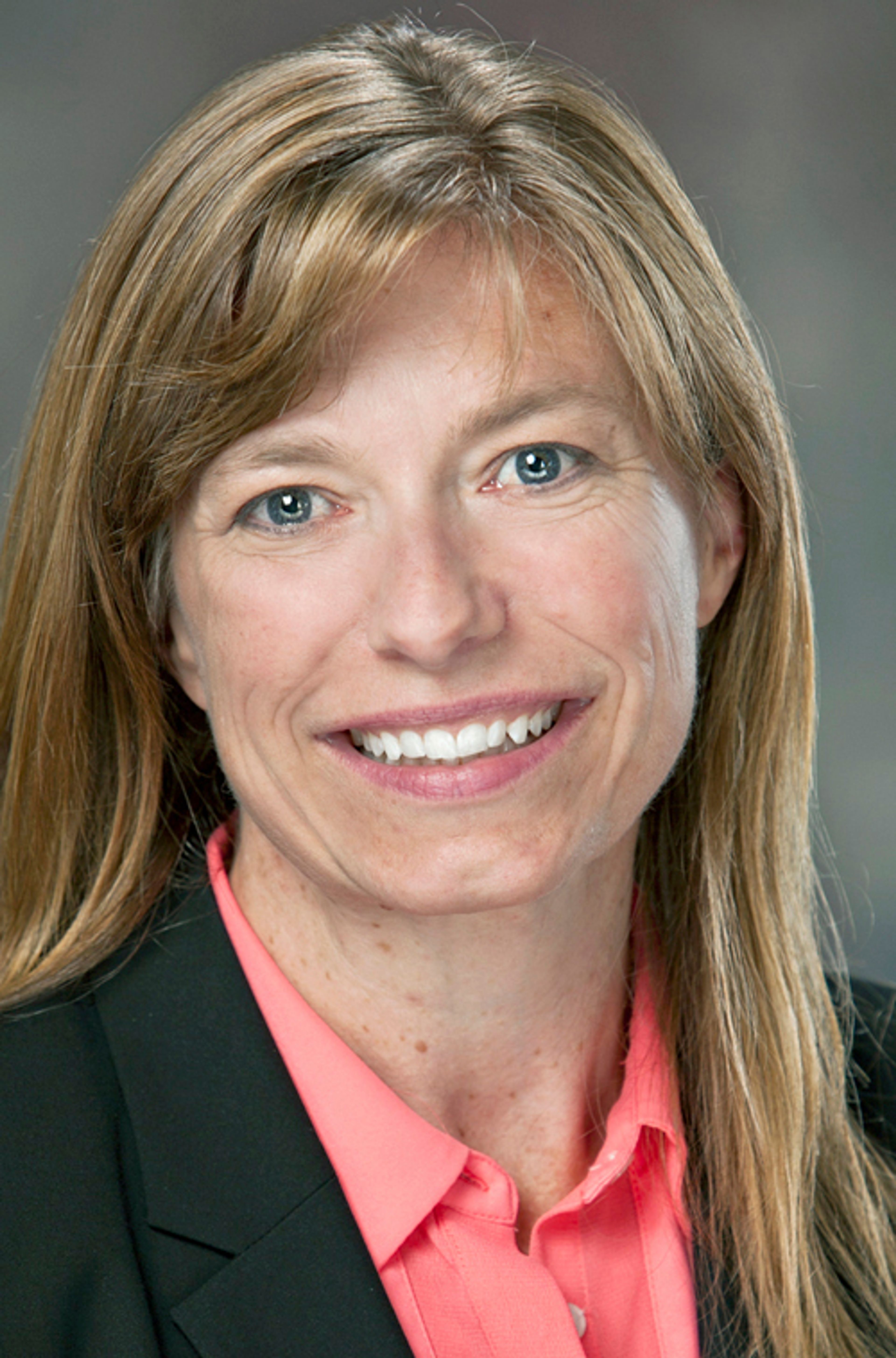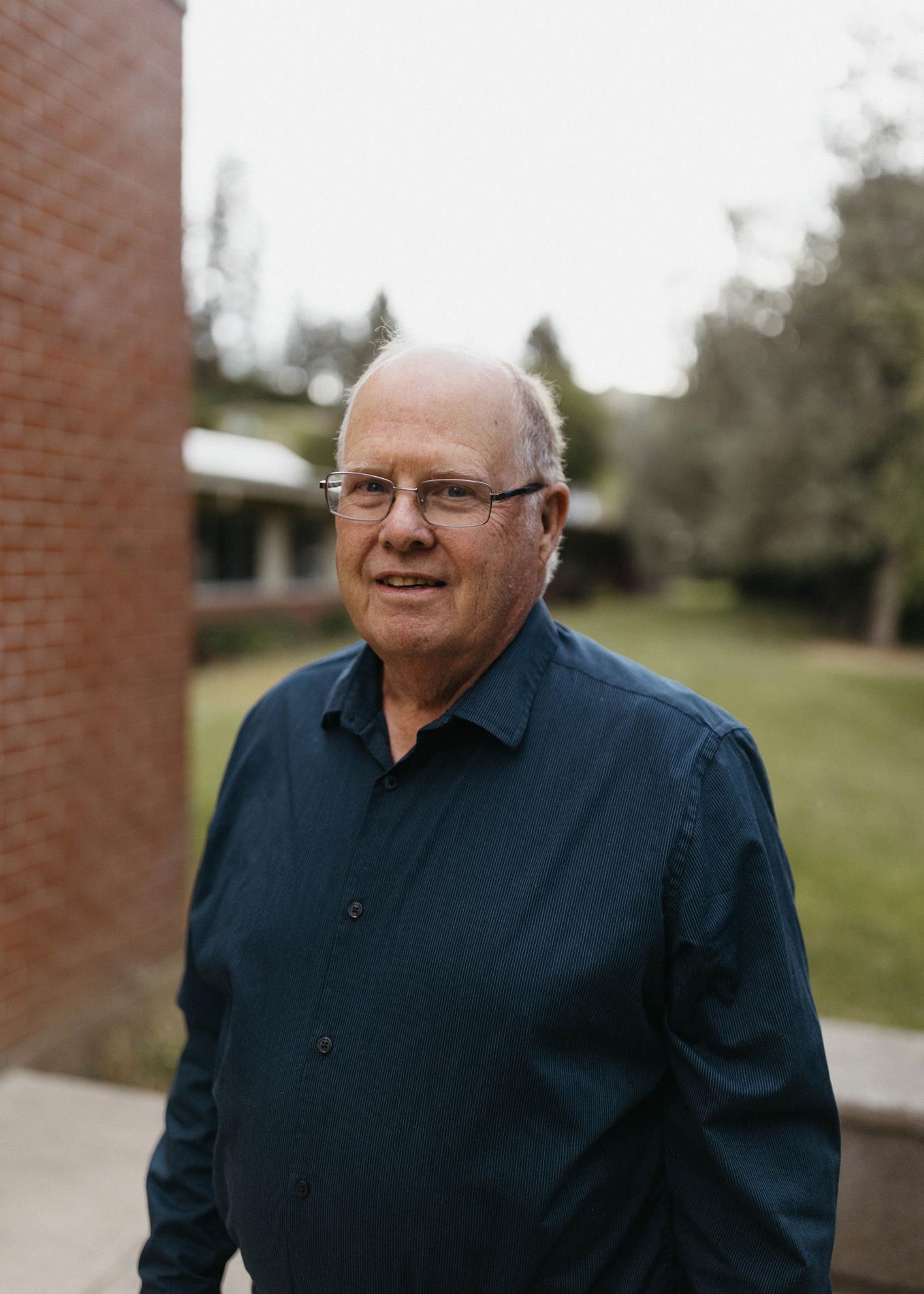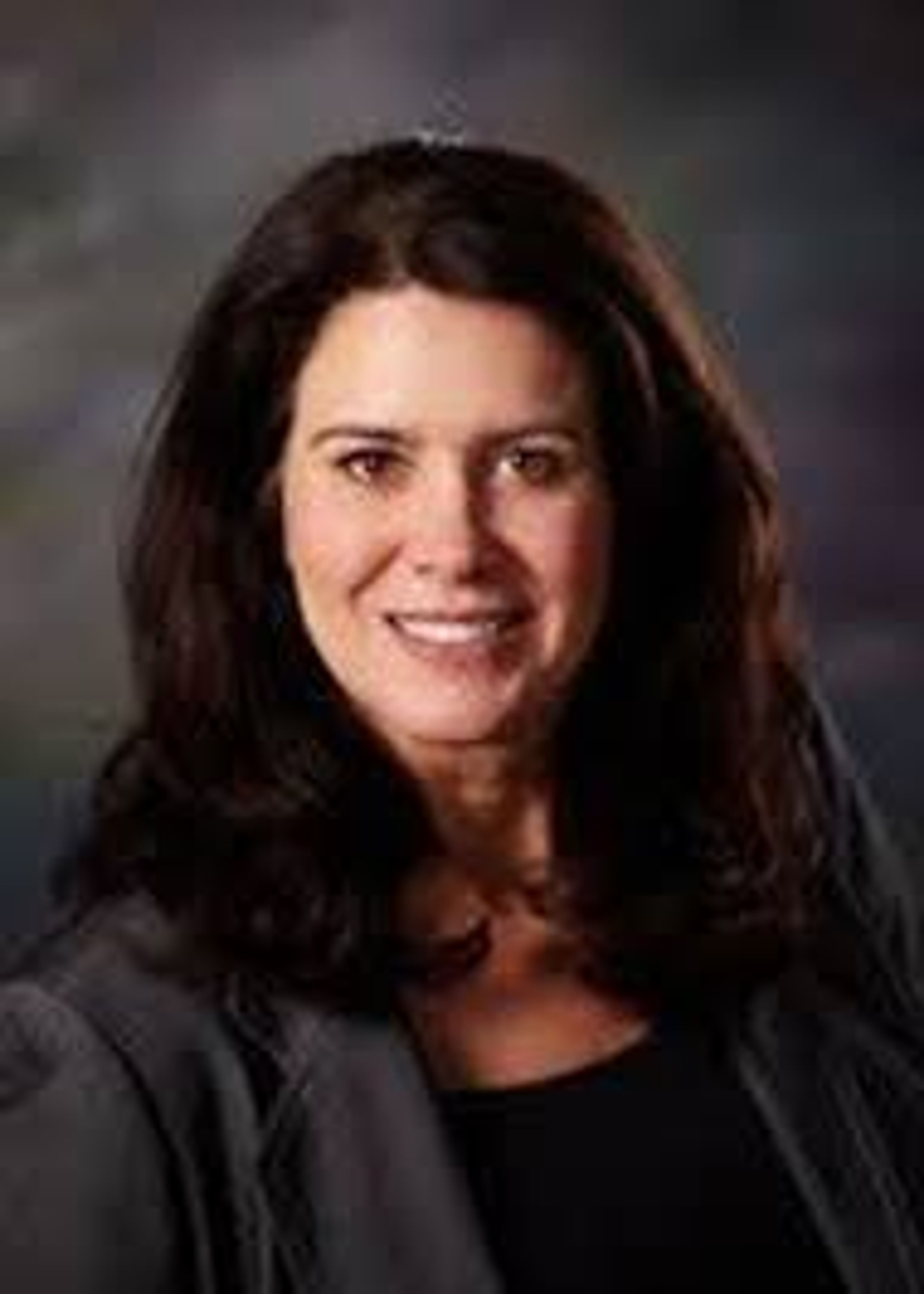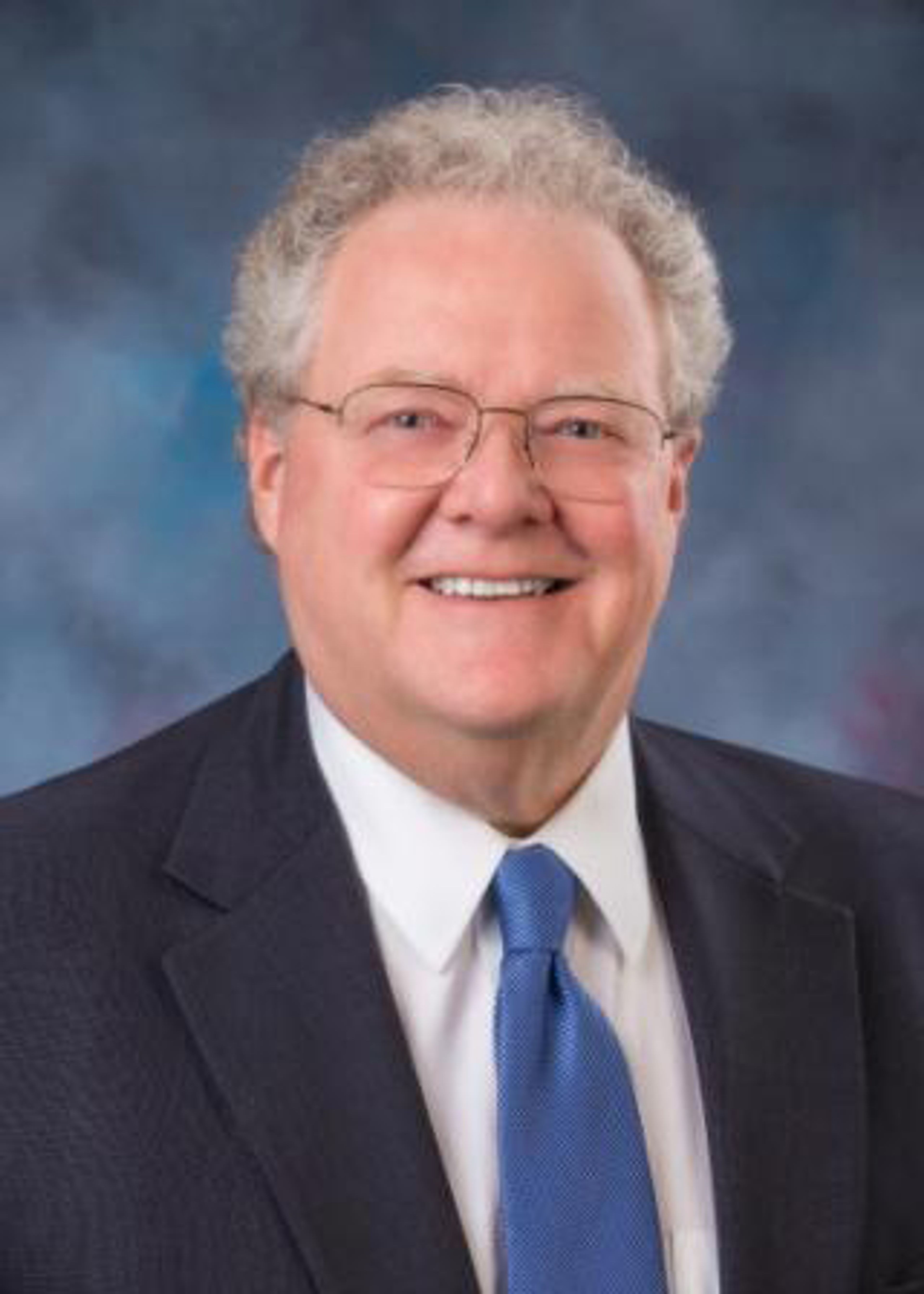OPINION: Cheers and Jeers: Tuesday’s heroes did the work at the polls
Cheers and Jeers: The Tribune’s Opinion
CHEERS ... to myriad poll workers who do the nuts and bolts of processing the votes.
Case in point: Nez Perce County Clerk Patty Weeks’ veterans who return election after election — whether it’s the high-profile presidential years or the more mundane contests for city council. Some have been engaged at this for three decades, bringing with them expertise that would be virtually impossible to replicate.
Besides extra hours spent on training beforehand, they show up at 7 a.m. on Election Day and remain well until 9 p.m. for the final balancing of the ballots and the electronic poll book.
They endure the occasional voter who wants to pick a fight or air a conspiracy theory — not to mention those who insist on legally packing sidearms into the voting booth.
And for all this, they receive a paltry $10 to $12 an hour — less than they’d earn working at a fast food restaurant.
Without their commitment, Idaho’s elections would go far less smoothly.
This is what public service looks like.
CHEERS ... to the voters.
In terms of ballots cast Tuesday, Idaho set a record at 914,302 with an average turnout of 85.5%.
It was just as high if not higher in much of north central Idaho. According to Idaho Secretary of State Phil McGrane’s office:
-- Nez Perce County’s turnout was 86.6%.
-- Latah County— 86.1%.
-- Idaho County — 85.4%.
-- Clearwater County — 85%.
-- Lewis County — 79.1%.
People who don’t vote can’t complain about the outcome. There are few people in this region who have forfeited that choice.
CHEERS ... to School Board Chairperson Don Parks and his team at Kendrick School District.
Tuesday, their supplemental levy campaign won a 599-to-385 vote margin or 61% across three counties. That outcome continued, but did not expand, a $750,000 levy that provides 20% of the school district’s funds.
Since 85% of a school’s budget involves salaries, passage avoided a diminution in teaching and staff positions, which would have resulted in larger class sizes and fewer academic options for students that now include music, ag and shop, career technical training, business and computer classes.
Supplemental levies are anything but supplemental. With a Legislature that continues to fall short of its state constitutional mandate to provide enough money “to establish and maintain a general, uniform and thorough system of public, free common schools,” it’s up to local patrons to pay extra property taxes so their students can have access to the basics.
CHEERS ... to Mary Hasenoehrl of Lewiston and her fellow members on the Citizens’ Committee on Legislative Compensation.
Wednesday, that panel rejected the Legislature’s audacious bid for a pay raise from $19,913 a year to $37,801 — a 43% boost.
“I think (legislative) leadership has done a great job, but I just don’t think they deserve that much more compensation,” Hasenoehrl said.
This part-time job already provides lawmakers with the option of state health insurance and a pension that however modest is more than many Idaho workers can count on — and could expand if they land a better-paying, full time state job.
While legislative service can be a financial sacrifice, the current compensation has not deterred some people of modest means from holding office. For some, the paycheck is a major source of income.
Boosting pay that much in one year would mark a dramatic change, beginning the transformation of a legislative office into a professional powerbroker and probably expanding the duration of the yearly legislative circus in Boise.
“A 43% pay increase for legislators during a time of historic inflation is out of touch with what Idaho people want and the conservative values we hold true. This should be a no brainer for our elected officials,” American Action Fund Idaho field manager Sulamita Rotante told the citizens’ committee.
Instead, the panel authorized a more responsible boost — 25% or slightly more than $5,000 — creating a base salary of $25,000 plus expenses.
This is a reasonable compromise that does not insult the voters, who are getting nowhere near the kind of pay hike that legislative leadership sought.
Now it’s up to lawmakers to sign on. They have 25 days after convening to formally reject or even reduce the new pay scale through a resolution.
CHEERS ... to Eve Knudtsen, Rick Durbin and Mary Havercroft.
Their election to the North Idaho College Board of Trustees marked one of the few bright spots in Idaho’s election Tuesday.
For years, NIC suffered under the leadership provided by Kootenai County Republican Central Committee-backed trustees. The KCRCC, by the way, was part of a state GOP convention that endorsed defunding Idaho’s public institutions of higher learning.
Under the KCRCC-backed board, the college has seen its presidents tossed out of office and the college forced to pay the salaries of two presidents, including one who was wrongfully suspended.
Such moves have led to mounting legal bills, votes of no confidence from students, faculty and staff and a threat to NIC’s accreditation from the Northwest Commission on Colleges and Universities — which, if terminated, would drive away students who no longer could get financial aid.
A coalition consisting of the more reasonable North Idaho Republicans and local businesses produced the following results:
-- Knudtsen beat incumbent Greg McKenzie with 55.7%.
-- Durbin carried 52.3% of the vote against William Lyons.
-- Havercroft won 51.2% of the vote against Michael Angiletta.
All of which tells you that despite northern Idaho’s current political environment, common sense can still prevail. — M.T.












